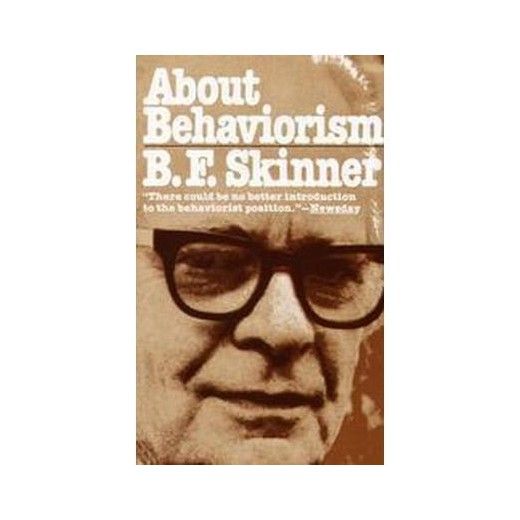Students, teachers and visionaries
The annual convention of College Media Advisers is here in New York this week. And if I finish this post and a few other items in a timely fashion, I may make another trip in to Manhattan to hear some lectures and talk to some of the roughly 1,500 college journalists who attend the convention.
I was at CMA earlier this week (I'm on the association's professional advisory board.) Last week I visited Northwest Missouri State's new media program (I'm on a similar board there.) So I've been giving a lot of thought of late to the next generation of journalists.
And much of what I've been thinking hasn't been positive.
Perhaps the strangest thing I've run into is what I've come to think of as the silo student. Kids keep handing me resumes that look like they were written 20 years ago. They mention the student newspaper, the yearbook and the college literary magazine. But they don't mention Web sites, blogs, email newsletters, podcasts, html skills, citizen journalism projects, video, etc. And when I ask the students about their online experience, I get these weird responses. Lots of them tell me "I only want to work for a newspaper." Lots of them say things like "I'm going to be a writer, not anything else." Some seem genuinely perplexed and ask me if I think "most newspapers have Web sites?" or if "reporters need to do things on the Web?"
When I asked teachers what they thought about this, I found that they were as upset as I was by their students' disconnect from the realities of media today.
Teachers told me over and over again that their students were adamantly opposed to converging news operations at their schools. The print kids don't like the TV kids; the Web kids don't like the print kids, etc. The "cultures" don't mix, so the products don't mix and the students don't develop multimedia skills. Remarkably, as one teacher pointed out, few print students actually "lived" in the world of old media. They all owned iPods. They snap photos with cell phones, communicate with Instant Messenger and join social-networking sites. Yet they expect to work in some sort of old-fashioned land of ink and paper.
A number of teachers blamed the disconnect on their peers in college journalism programs. Many programs are dominated by older, established teachers who haven't worked in the press for decades and have an open contempt for newer forms of media. And no doubt such elitist dinosaurs are helping to create a new generation of unemployable followers.
If you take a look at what I wrote on this blog a year ago today, you'll see that the silo student is not a new phenomenon.
And longtime readers of this blog know that I still find silo professionals as well -- veteran journalists who have failed to develop new media skills -- and that I urge publishers to fire them.
I take a similarly harsh stand with students. As I told the folks at CMA, I have no interest in even talking to a student who has neither the curiosity to acquire basic new-media skills nor the common sense to understand that the industry is changing.
The person I did want to talk to -- the king of new media skills, the visionary who has taught us much about change -- wasn't around. Rob Curley is also on the professional advisory board, but he didn't make the meeting. Although I'm a fan of Rob's, we've never met in person. And I had been looking forward to being as star-struck as this guy was.
tags: journalism, b2b, media, trade press, magazines, newsletters, conversational media, business media, journalism education




